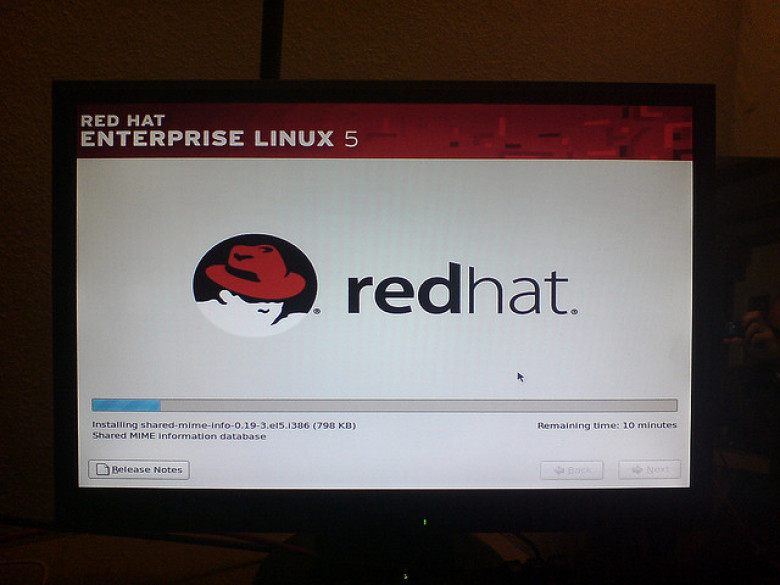Red Hat and Canonical claim Microsoft's UEFI implementation is buggy
Open Source companies Red Hat and Canonical have highlighted serious concerns about a Microsoft plan to rid the world of rootkits, arguing that Redmond’s UEFI technology is "buggy".
Microsoft’s UEFI is an attempt to address the recent explosion in the number of viruses and other malware targeting low-level system services. Known as rootkits, these attacks are capable of infecting systems at a level that's difficult or impossible to detect with traditional anti-virus software, and often require complete system rebuilds to fix.
One particular weak point has been the PC's BIOS - the basic code that executes when the computer starts. The BIOS is stored on a separate chip rather than a hard disk, so an infected BIOS will stay infected even if everything else on the system is wiped clean. BIOS rootkits have been spotted in the wild as recently as September 2011, prompting Microsoft and Intel to work on a solution.








































































